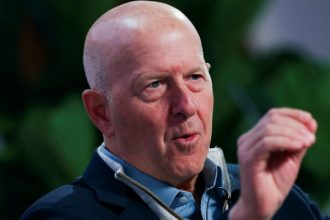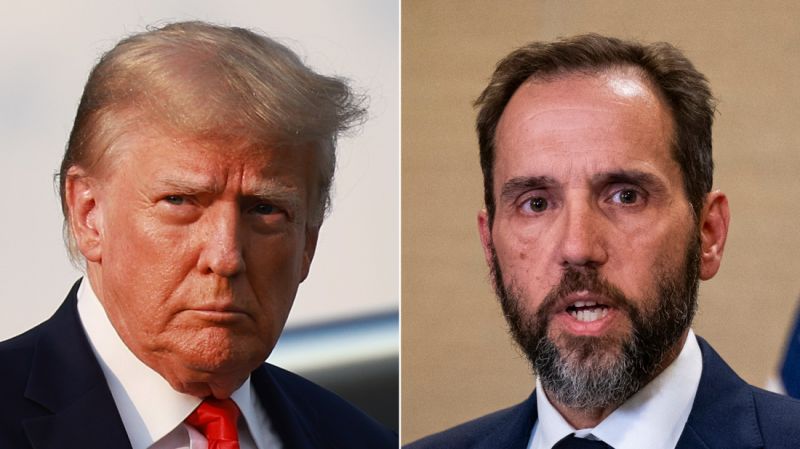Disagreements between Donald Trump and special counsel Jack Smith over when the trial should start in the federal election subversion criminal case brought against the former president will be at the center of a hearing Monday morning at the federal courthouse in Washington, DC.
In filings recently submitted by the two sides to US District Judge Tanya Chutkan, who is overseeing the case, a significant amount of daylight stood between them over when to begin the trial, with Smith proposing a January 2024 start date and Trump asking the judge to begin the trial years later, in April 2026.
Now, both sides will make their case to the judge in-person at 10 a.m. ET.
Smith’s team told Chutkan in a filing earlier this month that the trial should begin on January 2, 2024. They said their presentation of evidence in the trial would take “no longer than four to six weeks,” meaning that Trump may need to spend his weekdays in court before a jury in the crucial first two months of a presidential election year, as primary voting begins for Republicans.
Attorneys for the former president forcefully pushed back shortly thereafter, urging the judge to reject Smith’s proposal and saying the prosecutor sought an unusually “rapid” trial schedule.
“The government’s objective is clear: to deny President Trump and his counsel a fair ability to prepare for trial,” they wrote in their filing.
Among other things, Trump’s team argued that Smith’s proposed timeline for the trial would conflict with the other criminal and civil cases in which the former president is a defendant, including the classified documents case brought by Smith, the hush money case in New York and the Georgia election subversion case.
In the Georgia case, Fulton County District Attorney Fani Willis last week suggested an October 23, 2023, trial date, something Trump’s team also said they oppose.
Smith said in a filing to Chutkan last week that Trump was overplaying concerns about scheduling conflicts among his various criminal cases. His office offered to start jury selection a little later in December to accommodate for a hearing scheduling in the classified documents case in Florida.
Smith’s team also said Trump’s attorneys exaggerated when they wrote in their filing that the millions of pages of the discovery materials prosecutors gave to the defense warranted the protracted trial schedule.
They said much of the materials came from “entities associated with the defendant,” and argued that the “exceptionally organized, clear, and user-friendly fashion” in which they presented the discovery made it appear more voluminous than it really was.
Trump faces four counts in the case, including conspiring to defraud the United States and to obstruct an official proceeding – the latter a charge that has already successfully been brought against rioters who breached the Capitol on January 6, 2021. The former president pleaded not guilty earlier this month.
Read the full article here





